As someone deeply invested in both fitness and overall well-being, I’ve been intrigued by the advancements in sleep technology and its profound impact on our fitness and recovery routines. Sleep plays a crucial role in our physical and mental health, and the integration of technology has opened up new possibilities for understanding and optimizing our sleep patterns. Let’s explore how sleep tech is revolutionizing the way we approach fitness and recovery.
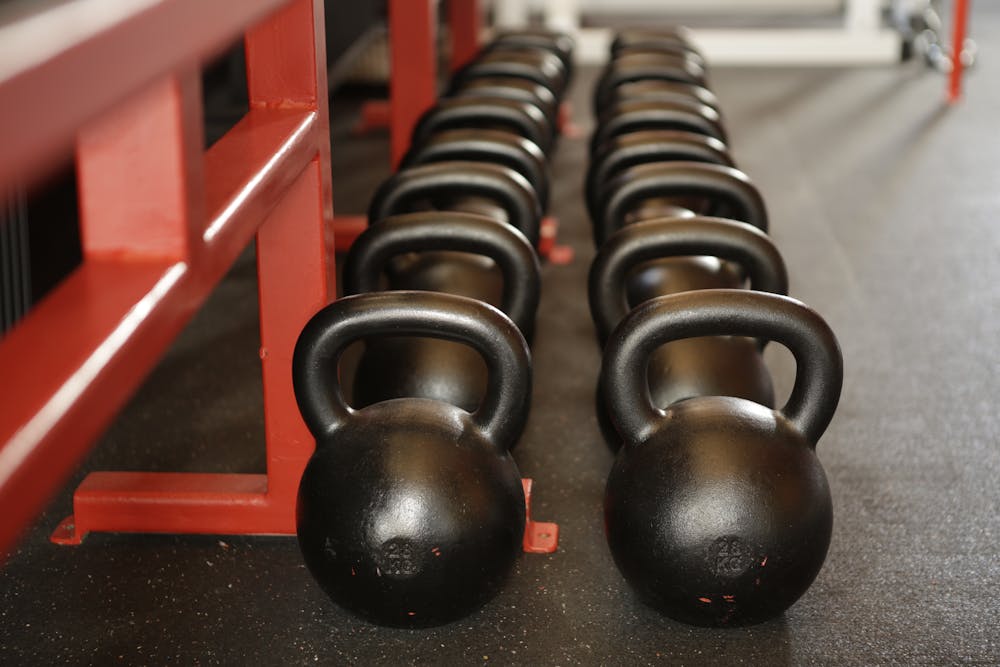 1. Sleep Tracking Devices: Sleep tracking devices, such as wearable trackers and smart beds, offer insights into our sleep patterns, duration, and quality. These devices use sensors to monitor movement, heart rate, breathing patterns, and environmental factors like noise and light levels. By analyzing this data, users can gain a deeper understanding of their sleep habits and identify areas for improvement.
1. Sleep Tracking Devices: Sleep tracking devices, such as wearable trackers and smart beds, offer insights into our sleep patterns, duration, and quality. These devices use sensors to monitor movement, heart rate, breathing patterns, and environmental factors like noise and light levels. By analyzing this data, users can gain a deeper understanding of their sleep habits and identify areas for improvement.
 2. Optimal Sleep Duration and Quality: Sleep tech helps users identify their optimal sleep duration and quality by tracking their sleep cycles and stages. By understanding the different stages of sleep, including light sleep, deep sleep, and REM sleep, users can determine whether they are getting enough restorative rest each night. Armed with this knowledge, individuals can adjust their bedtime routines, sleep environment, and habits to optimize their sleep quality and duration.
2. Optimal Sleep Duration and Quality: Sleep tech helps users identify their optimal sleep duration and quality by tracking their sleep cycles and stages. By understanding the different stages of sleep, including light sleep, deep sleep, and REM sleep, users can determine whether they are getting enough restorative rest each night. Armed with this knowledge, individuals can adjust their bedtime routines, sleep environment, and habits to optimize their sleep quality and duration.
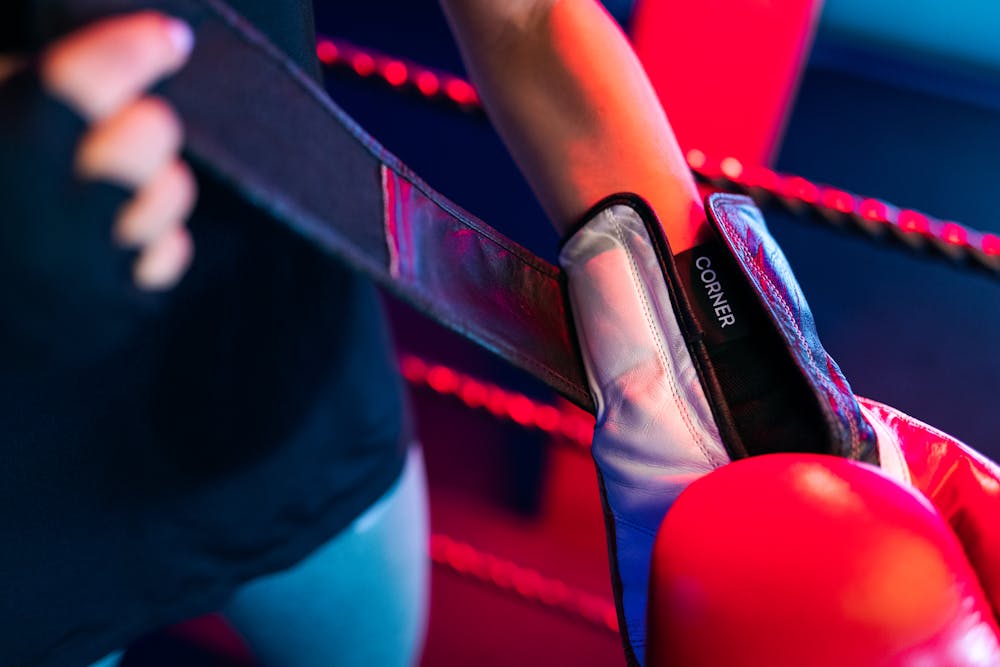 3. Impact on Fitness Performance: Quality sleep is essential for optimal fitness performance and recovery. Sleep tech enables athletes and fitness enthusiasts to track their sleep patterns and identify factors that may be affecting their performance. By prioritizing quality sleep, individuals can enhance their physical endurance, reaction times, and cognitive function, leading to improved athletic performance and overall fitness outcomes.
3. Impact on Fitness Performance: Quality sleep is essential for optimal fitness performance and recovery. Sleep tech enables athletes and fitness enthusiasts to track their sleep patterns and identify factors that may be affecting their performance. By prioritizing quality sleep, individuals can enhance their physical endurance, reaction times, and cognitive function, leading to improved athletic performance and overall fitness outcomes.
 4. Recovery and Muscle Repair: Sleep plays a crucial role in the body’s recovery and muscle repair processes following intense workouts or physical activity. During sleep, the body produces growth hormone, repairs damaged tissues, and replenishes energy stores. Sleep tech helps users track their recovery metrics, such as sleep efficiency and time spent in restorative sleep stages, allowing them to optimize their recovery routines and prevent overtraining or burnout.
4. Recovery and Muscle Repair: Sleep plays a crucial role in the body’s recovery and muscle repair processes following intense workouts or physical activity. During sleep, the body produces growth hormone, repairs damaged tissues, and replenishes energy stores. Sleep tech helps users track their recovery metrics, such as sleep efficiency and time spent in restorative sleep stages, allowing them to optimize their recovery routines and prevent overtraining or burnout.
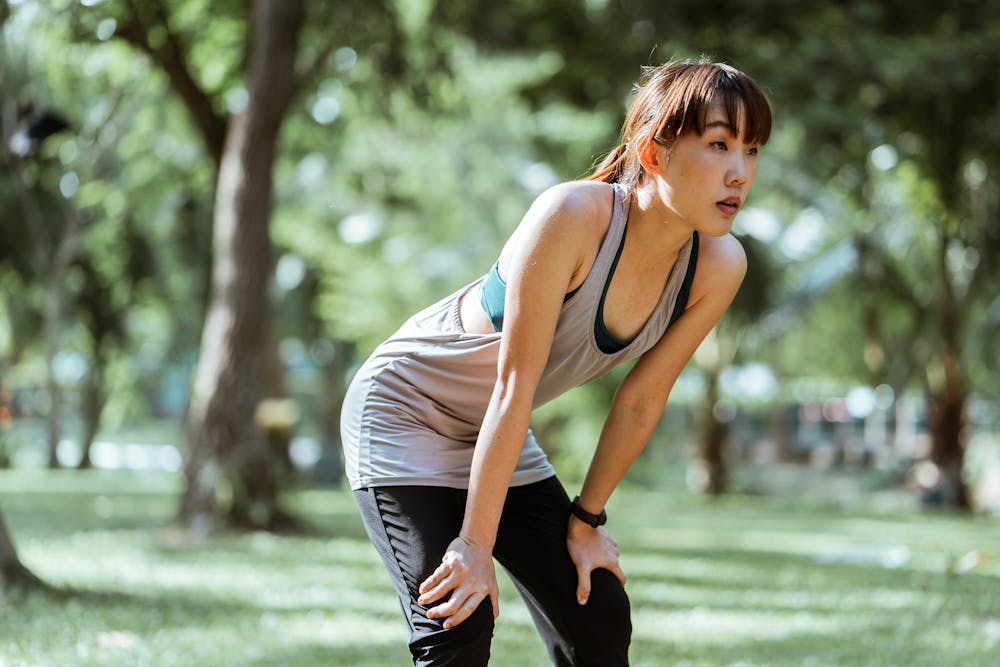 5. Mental Health and Well-being: Adequate sleep is essential for maintaining mental health and well-being. Sleep tech provides insights into sleep disturbances, such as insomnia, sleep apnea, and restless leg syndrome, which can negatively impact mental health and cognitive function. By addressing sleep-related issues, individuals can improve their mood, concentration, and overall quality of life.
5. Mental Health and Well-being: Adequate sleep is essential for maintaining mental health and well-being. Sleep tech provides insights into sleep disturbances, such as insomnia, sleep apnea, and restless leg syndrome, which can negatively impact mental health and cognitive function. By addressing sleep-related issues, individuals can improve their mood, concentration, and overall quality of life.
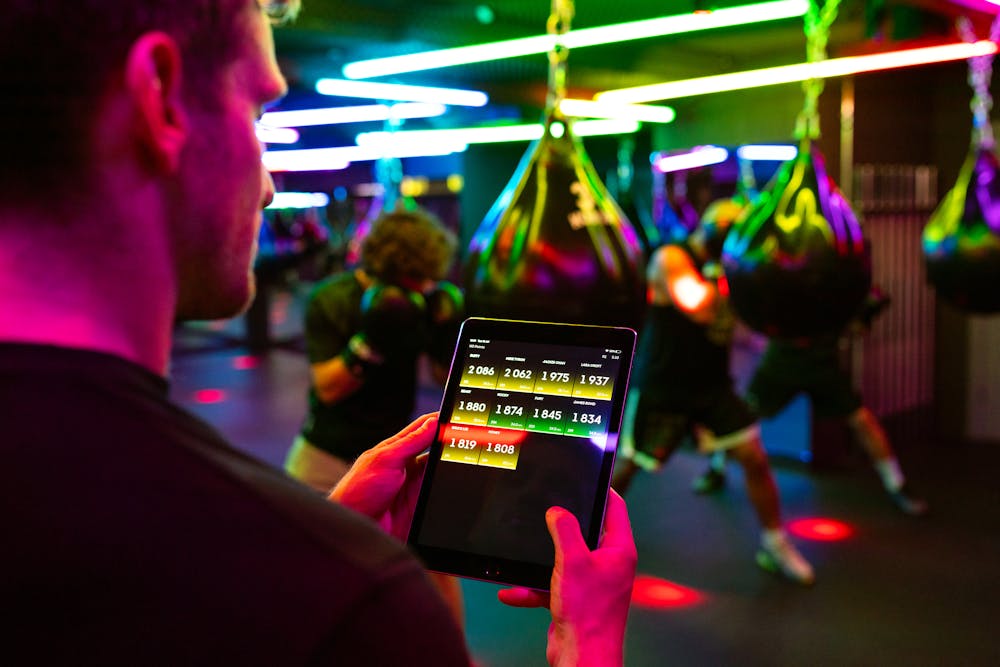 6. Personalized Sleep Recommendations: Sleep tech offers personalized recommendations and interventions to help individuals improve their sleep habits and overall well-being. From bedtime routines and sleep hygiene practices to relaxation techniques and environmental adjustments, sleep tech provides actionable insights tailored to individual needs and preferences. By implementing these recommendations, users can create an optimal sleep environment conducive to restful and rejuvenating sleep.
6. Personalized Sleep Recommendations: Sleep tech offers personalized recommendations and interventions to help individuals improve their sleep habits and overall well-being. From bedtime routines and sleep hygiene practices to relaxation techniques and environmental adjustments, sleep tech provides actionable insights tailored to individual needs and preferences. By implementing these recommendations, users can create an optimal sleep environment conducive to restful and rejuvenating sleep.
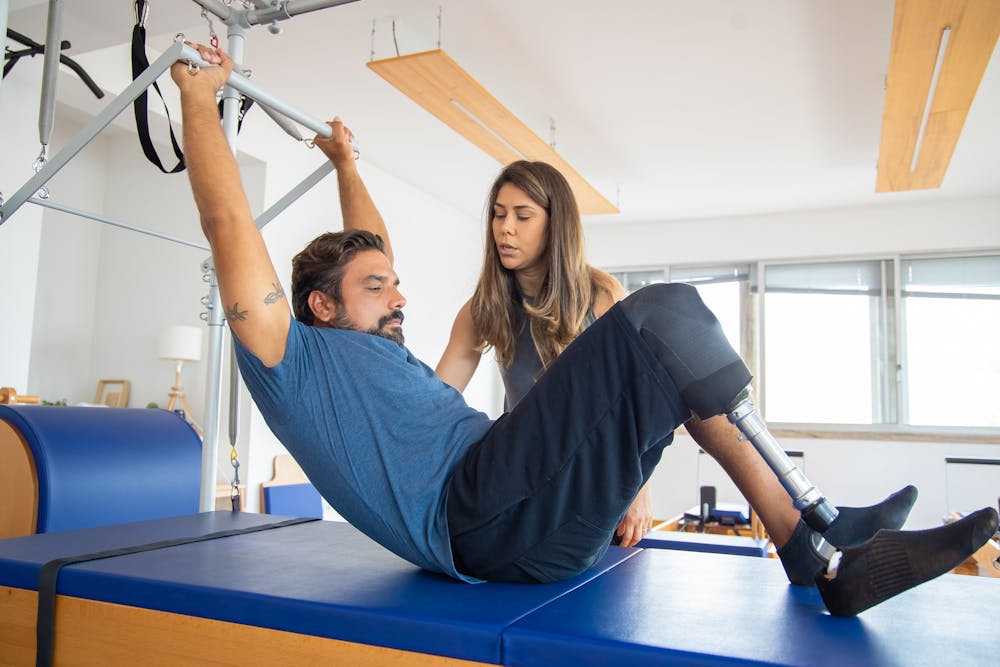 In conclusion, sleep tech has emerged as a powerful tool for optimizing our fitness and recovery routines, enhancing performance, and promoting overall well-being. By leveraging the insights provided by sleep tracking devices and technology, individuals can take proactive steps to improve their sleep quality, duration, and overall health. As technology continues to evolve, sleep tech will play an increasingly important role in helping individuals achieve their fitness goals, recover effectively from workouts, and live healthier, more balanced lives.
In conclusion, sleep tech has emerged as a powerful tool for optimizing our fitness and recovery routines, enhancing performance, and promoting overall well-being. By leveraging the insights provided by sleep tracking devices and technology, individuals can take proactive steps to improve their sleep quality, duration, and overall health. As technology continues to evolve, sleep tech will play an increasingly important role in helping individuals achieve their fitness goals, recover effectively from workouts, and live healthier, more balanced lives.





